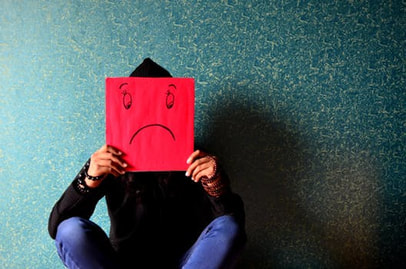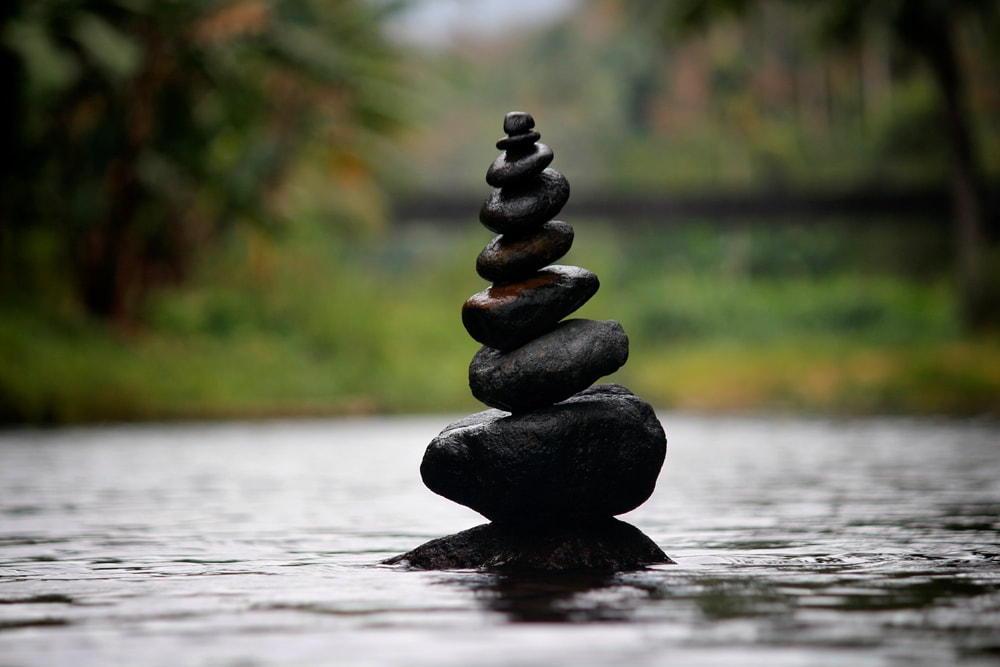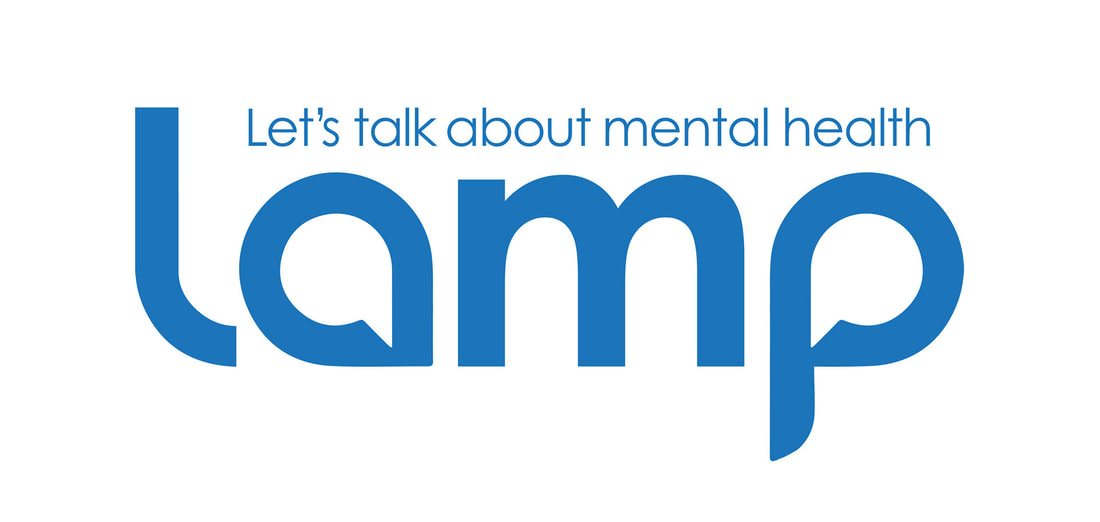Her hobbies include meditating, lifting weights, and reading as many books as she can get her hands on. She blogs at http:lydiaschoch.com, and can also be found on Twitter under the handle TorontoLydia.
So, without further ado, I'll hand over to Lydia to tell us five lifestyle changes she made that helped her to seriously reduce anxiety.

Before we jump into this list, I’d like to make it clear that I am not at all against the idea of taking prescription medication if your health requires it. My anxiety happens to be well-controlled without the use of medication, but this isn’t necessarily going to be true for everyone.
With that being said, there are ways to manage anxiety that don’t require the use of medication. I wish I’d known about all of them years ago when I first began noticing that some of my thoughts had become persistent and unhelpful, so that’s why I’m sharing them with you today.
- I Started Exercising Regularly
It’s harder to ruminate on the same problems over and over again while you’re in the middle of a workout. When I’m lifting weights, I have to focus on having the right posture and form in order to avoid getting seriously injured. There is definitely something to be said for focusing on something that important a few times a week.
Exercising also isn’t only about keeping your mind busy. When I’m dancing or out on a brisk walk, there is so much going on around me that it’s easier to brush aside a frightening or persistent thoughts because I have plenty of distractions to keep me busy.
I’ve also found that there is a correlation between how much I exercise and how relaxed my mind is at the end of the day. Earlier this year I had to take a few weeks off from my regular workouts thanks to an ankle injury. I was surprised by how that required time off negatively affected my mental state.
It was harder to shake off my worries until I was able to get back into my regular habits because I wasn’t physically able to go to the places that had been such a good distraction in the past. Burning off all of that excess energy was just as good for my mind as it was for my body, although I hadn’t fully realized just how true that was until it was temporarily taken away from me.
One of the other reasons why exercise has been so helpful in reducing my anxiety is that it’s changed the way I think of my body. Learning exactly how much I can push myself and seeing the wonderful results of months of hard work has given me a wonderful boost of confidence. Watching myself grow stronger and fitter made me wonder what else I could accomplish if I put my mind to it.
This was by far my most effective home treatment for anxiety. A long, brisk walk can boost my mood within half an hour or so, and I’ve only noticed better results from it the longer I’ve stuck with this habit.
| When I say that I cut back on the sugar in my diet, I’m talking about added sugars like honey, white sugar, or molasses that can be found in everything from bread to fast food to pasta sauce. I still eat fresh fruit every day, and that isn’t something that I’m ever planning to change. A cookie might taste really good, but after a lot of trial and error I’ve learned the white sugar in it is going to affect my mood negatively over the long haul. |
Yes, I still have occasional treats. The difference is that they’re much more rare now than they used to be and I know that over-indulging may very well lead to me feeling anxious a few hours later.
Consuming any amount of caffeine makes it easier for me to worry and harder for me to brush aside frightening thoughts when they do pop up. While I don’t know why it has such a huge effect on my body, I’ve met others who experience anxiety have had similar reactions to caffeine.
Some people might be okay with consuming less of it. I personally had to eliminate it from my diet in order to see optimal results, but your mileage may vary. Since I was never addicted to caffeine, I began noticing a difference in my mood within a few days of cutting it out of my diet.
Sitting silently and not thinking about anything was much harder than I thought it would be. It took me time to adjust to this routine, and even longer for me to see how it was affecting my life during the rest of the day.
Once I’d been doing it regularly for several weeks, though, I gradually began to realize that my thoughts weren’t affecting me as much as they used to because I’d grown so used to acknowledging them without necessarily believing them or following them down every unhelpful path they wanted to wander.
Particularly gory episodes of that show often caused me to have equally disturbing nightmares in the days that followed. I had many dreams about being chased by zombies and experiencing other scary scenes from that show.
While some people can read or watch content like that without having it affect them, I found that I was much calmer when I wasn’t being exposed to those kinds of images. It took a couple of weeks to really notice results from this lifestyle change.
| With the exception of certain types of exercise, none of these lifestyle changes had an immediate affect on how I was feeling. Much of it was a gradual sense of improvement, but it led to a much happier existence for me once I’d gotten into the habit of doing all of them and had figured out that they were all working for me. I’d recommend giving each of these tips some time to work before you decide whether or not they’re helpful for you. I hope you found them helpful, and I’d like to thank Stewart for allowing me to share this post with you on his site. |



 RSS Feed
RSS Feed
